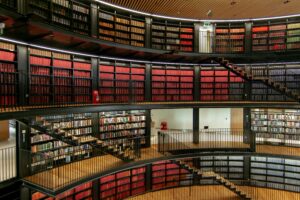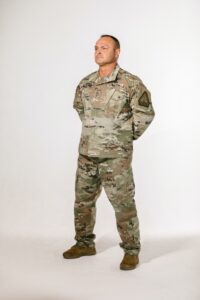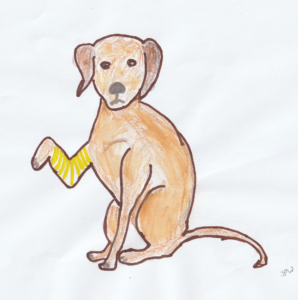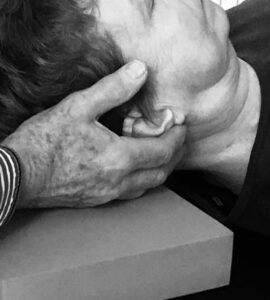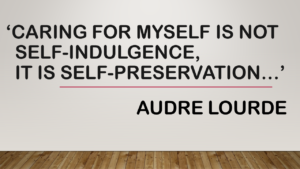
New research by academics and Alexander teachers, Molly Johnson and Rajal Cohen suggests that learning the Alexander Technique may prevent or slow some of the common downsides of growing older.
The study assessed everyday movement, balance and posture in 55–72 year-olds during standing and walking. It compared these attributes in a group of 19 people who had extensive experience of practising the Alexander Technique (Alexander teachers), with a control group of 20 people of the same age, height, weight etc but who had no Alexander experience.
The research showed that, compared with the control group, the Alexander teachers had smoother control of upright posture in standing. In walking they had more stable torso motion, together with less restrained arm mobility. These results highlight the important balance between mobility and stability within the torso and limbs. Alexander training enhances stability of the head and torso through improving postural support and balance, which then allows greater freedom of movement in the arms and legs.
The study builds on a whole raft of previous research showing how training in the Alexander Technique leads to improved movement coordination, balance and postural support [see Research / Balance and movement studies for more info].
Note: The photograph was taken a few years ago and is of Elisabeth Walker at the age of 90 – she was still cycling around Oxford and equally active in teaching the Alexander Technique. She is greatly missed.
Reference
Johnson MB, Cohen RG. Altered coordination strategies during upright stance and gait in teachers of the Alexander Technique. Frontiers in Aging 2023;4:1090087. doi: 10.3389/fragi.2023.1090087.


